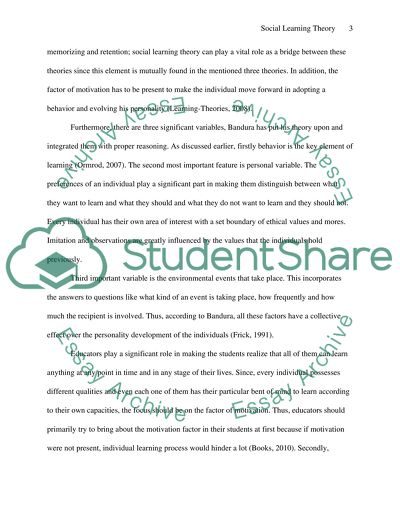Cite this document
(“Social Learning Theory - A. Bandura Research Paper”, n.d.)
Retrieved from https://studentshare.org/family-consumer-science/1418825-social-learning-theory-a-bandura
Retrieved from https://studentshare.org/family-consumer-science/1418825-social-learning-theory-a-bandura
(Social Learning Theory - A. Bandura Research Paper)
https://studentshare.org/family-consumer-science/1418825-social-learning-theory-a-bandura.
https://studentshare.org/family-consumer-science/1418825-social-learning-theory-a-bandura.
“Social Learning Theory - A. Bandura Research Paper”, n.d. https://studentshare.org/family-consumer-science/1418825-social-learning-theory-a-bandura.


